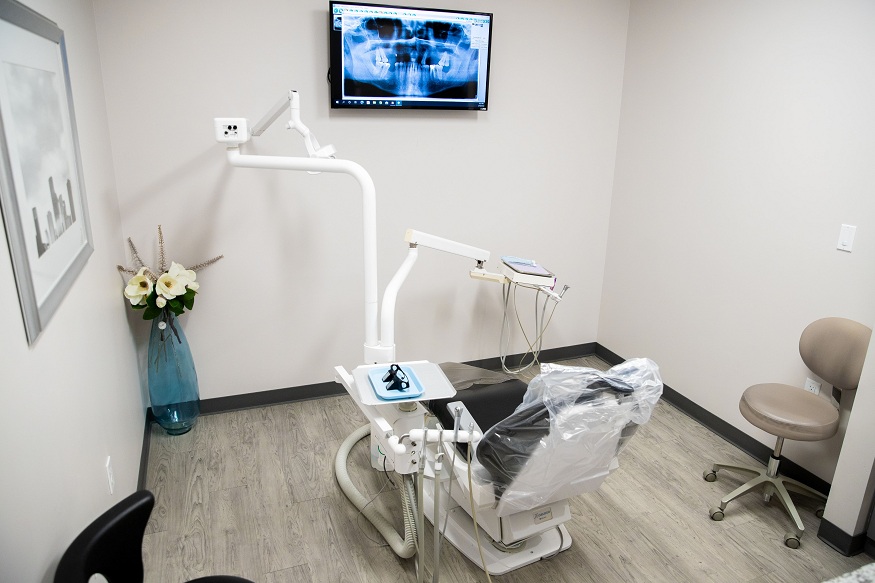When considering eating trends, your teeth and gums most likely do not come first. But did you know that your oral health may be surprisingly affected by what you eat?
From vegan vitamin gaps to keto breath, every popular diet has special obstacles for your smile. Let’s investigate how your diet influences your teeth and gums—and get useful advice from Dental Houston to preserve your brilliant whites.
How Popular Diet Trends Impact Dental Health
Diets including ketogenic, vegetarianism, paleo, and intermittent fasting have been somewhat fashionable recently. They can adversely affect oral health even though they offer everything from weight loss to better vitality.
For example, your diet can affect enamel strength, salivation generation, and even poor breath. The good news is that Using appropriate techniques will help you enjoy your preferred diet without sacrificing your oral condition.
1. The Keto Diet: Low-Carb, High Fat, and Its Dental Effects
Renowned for its concentration on high fat and low carbohydrates, the ketogenic diet has become more popular for its quick weight loss effects. But it also results in a phenomenon called “keto breath,” a distinct, usually bad smell brought on by the body’s higher ketone synthesis. Apart from problems with breathing, a shortage of carbs can lower saliva generation, which causes a dry mouth and raises the risk of cavities since saliva is so important in cleansing dangerous microorganisms.
2. Veganism: Plant-Based, but What About Your Teeth?
Eliminating animal products and adopting a vegan diet are sometimes praised for ethical and environmental reasons. For dental health, it can, nevertheless, provide some difficulties. Lack of dairy products, which are high in calcium and vitamin D, could make preserving robust teeth and bones more difficult. Moreover, some vegan substitutes, such as soy or almond milk, cannot have enough calcium unless they are fortified. Furthermore, eroding enamel over time is the heavy consumption of acidic meals, including tomatoes and citrus fruits.
3. Low-Carb Diets: The Sugar-Free Dilemma
Low-carb diets seek to cut or eradicate carbohydrates—including sweets. Given that sugar is a major contributor to tooth decay, this can be fantastic news for your teeth. Some low-carb dieters, however, turn to typically safer teeth sugar replacements like xylitol or erythritol. Natural sweeteners are far better than synthetic ones, as some sugar-free products still include acids that erode enamel.
Protect Your Teeth
It is crucial to safeguard and correctly care for your teeth, even if you are interested in trying out the newest and craziest diet fad to lose some embarrassing extra weight.
You can go as follows to accomplish this:
See your reliable doctor for help strengthening your diet with particular vitamin supplements or meals. He or she will be able to help you most effectively create a safe and balanced diet that supports not only your general health but also your dental condition.
Conclusion
Modern diet trends are tightly related to general health rather than only weight loss or adopting a new lifestyle. Your teeth and gums can reveal information about the state of affairs in the rest of your body. A good diet supports a good mouth, which, therefore, helps you live a vivid life.
Houstonians may keep their teeth strong and their smiles brilliant while enjoying the advantages of their selected diet by knowing how diet trends affect oral health and making informed decisions. It’s all about balancing and selecting what suits your particular requirements.

